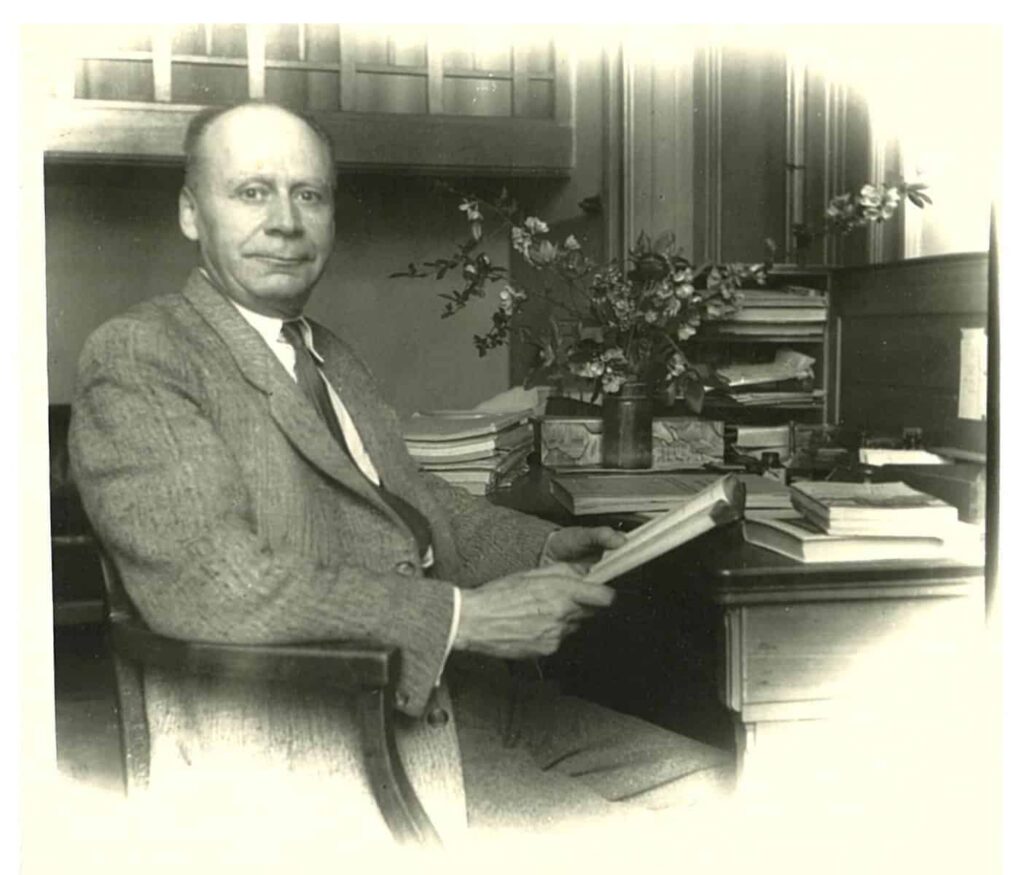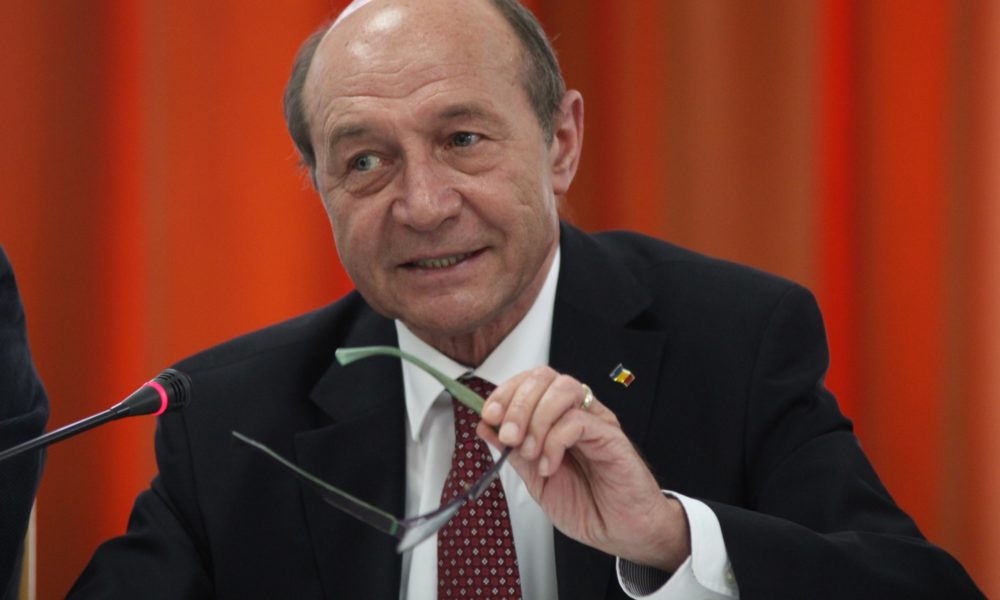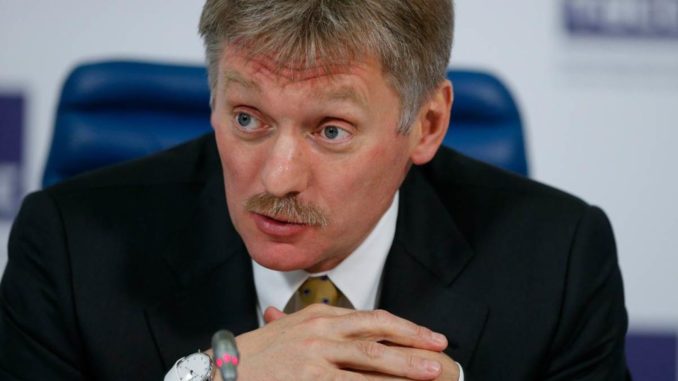130 years since the birth of Lucian Blaga

One of the most important figures of the Romanian culture, Lucian Blaga was noted for the lyrics of Dionysian Vitalism, a philosophical system comparable as an architecture with that of Hegel, plays impregnated by the expressionist breath and an exceptional intellectual vocation.
Poet, essayist, playwright, translator, journalist, university professor, academic and Romanian diplomat, Lucian Blaga is one of the most famous canonical authors whose motto has always been: « Sometimes, our duty in the face of a real mystery is not to clarify it, but to deepen it so much, » that it is so much.
« Do not be arguing with people more than with yourself. »
« The fact that every life on earth ends with death does not prove that death is the purpose of life. » That’s what Lucian Blaga said. He lived for a long time in Cluj, in different places. But perhaps his dearest place was the one at the Central University Library (BCU) in Cluj, which today bears his name. It was, it is still, a room, called « Faust’s Bârlog », but to whom Blaga’s beam.
Rent of Cluj
« In Cluj he stayed in several places, but in rent, he did not have properties. He last lived on Măcinului street no. removed from the university.
« Living in the city means living in the fragmentary framework and within the limits imposed at every step of the ordinances of civilization. To live in the village means to live in cosmic and conscience of a destiny emanated », Lucian Blaga, June 5, 1937, in his reception discourse in the Romanian Academy, entitled » Romanian ”, Cluj24 Archive)
He worked for several years, between 1952 and 1959.
« It is the office below the stairs, » the unexpected steps « . There was only Blaga’s chest there. He stayed there during the time he translated Faust. Faust’s beam, so he had a sofa, more and night there. It is said that he was often in the window and followed by Mrs. Baba. With Leon Daniello … they kept the friendship even when Lucian Blaga was removed from the chair.
He told me Ioan Mușlea, the son of the director of BCU, Ion Muşlea, that Blaga told him when he finished translated Faust: « Too pity that Goethe no longer lives to translate Faust, that he would come out better than the original from 1800. » He was very pleased how the translation had come out, ”says, for Cluj24, the director of BCU Cluj, Valentin Orga.
Love of Cluj
Lucian Blaga has escaped by the thrill of love even during the Cluj period. And he has been arrows several times.
« A priestess was Lucian Blaga’s muse. He was the wife of the priest Florea Mureşan. He was a parish at the Orthodox Church in the hill, the Orthodox Church. She was called Eugenia and Patrona some evenings in which Blaga was endless. She was struck by her beauty. He wrote many lyrics. It is known whether his sentimental adventures were also erotic.
After Eugenia Mureșanu, followed Elena Daniello, the wife of the great doctor, who is said to be watching her from Faust’s beam.
He was the son of Isidor Blaga and Ana, the ninth child of a family of priests. As he claimed, his childhood was « under the sign of a fabulous absence of the word », named « mute as a swan », because the poet did not speak until the age of 4. The ecclesiastical tradition is not alien to the mother of the mother, Moga, who even offers a bishop of Sibiu, on Vasile Moga. His father, although a priest, is a free thought with wide concerns. Blaga’s childhood will always remain imprinted in his soul, he transcribed the memory of the landscape to a mythical manner. Lucian Blaga was born in Lancrăm, near Sebeș, a locality that was at that time in Sibiu County.
The primary classes followed them in Sebeș, at the German Primary School, between 1902 and 1906), followed by Andrei Șaguna High School in Brasov (1906-1914). The years spent in high school will be decisive for its becoming. Blaga is a sensitive receiver of the impressions outside. There is always an intense moment of interior processing between perception and reaction. Blaga is passionate about astronomy, reads Goethe, Schiller, Alecsandri, Eminescu, Caragiale, and especially philosophy: Spinoza, Conta, Schopenhauer, Plato. He is also interested in Darwinism and psychology. One of the sustainable influences is Kant, in relation to which it will develop its own system. The debut in philosophy will make it with the essay « Reflections on Bergson’s intuition », published in 1914. The poetic phase begins (at 15 years) with the poems « on shore » and « night », from 1910, published in « Tribune » in Arad. Of the 8 high school classes, 3 are promoted without frequency because of poor health, the feeling of the fragility of life occupying an important place in his work. Isolation and internalization are two other features to remember. In order not to be taken in the army, Blaga registers at the Theological Seminary in Sibiu. The war is followed with frustration, emphasizing the idea of fragility. After the high school publishes in « Gazeta Transilvaniei » and « Romanian » essays such as « something about Bergson’s philosophy », « Mystery », « historical criticism », « heroism in thinking », « Conception of the world and science ».
Later he studied at the Faculty of Theology in Sibiu (1914-1917), where he enrolled to avoid enrolling in the Austro-Hungarian army. He studied philosophy and biology at the University of Vienna between 1916 and 1920. In 1920 he obtained the title of doctor in philosophy of the University of Vienna, with the thesis « Kultur und Kenntnis ».
Blaga also discovers the expressionist movement, from where it takes more aesthetic ideas than forms. He prefers classic and romantic poetry. In 1919 the volume « Poems of Light » appears. Appreciated by Vianu, Iorga and Agârbiceanu, he conquers from the beginning the literary world. In 1921, after the publication of the volume « Steps of the Prophet » and the song « Zamolxe », receives the Academy Award and the University Prize in Cluj. Blaga’s creation occurs between the two wars, an era of crisis of the world that will find its reflection in a work that far exceeds its biography.
In 1920 he marries Cornelia Brediceanu and moves to Cluj, where he publishes to the will, homeland, thinking, literary truth, etc.
He managed to publish 8 volumes of lyrics, to which are added 11 volumes of theater, four philosophy, 4 aphorisms, a autobiographical volume, a novel, 19 volumes of essays and philosophical studies. He also translated 9 books, 6 in French and two in Bulgarian.
He is elected as president of the literary society in the school and for a long time (1926 – 1939) he also made a career in diplomacy, being culturally attached and press advisor in Warsaw, Prague, Lisbon, Bern and Vienna. For a year, he was also undersecretary of state at the Ministry of Foreign Affairs. During this time, he continued his literary and scientific activity and continued to write volumes of lyrics, philosophical essays and plays.
In 1936 he was elected a member of the Romanian Academy, and between 1939 and 1948 he was elected professor at the Department of Philosophy of Culture of the University of Cluj, then researcher at the Institute of History and Philosophy, but also at the Literary and Folklore Section of the Academy, Cluj Branch.
In 1939 he became a professor of philosophy of culture at the University of Cluj, temporarily moved to Sibiu. Starting with 1943 he writes Saeculum magazine, which will appear for a year. He continued to be a university professor until 1948, when he was brutally removed from the chair.
After being removed from the chair, since 1948 he worked in the Cluj branch of the Romanian Academy as a bibliographer. He became a researcher at the Institute of History and Philosophy, then chief librarian and deputy director at the Cluj branch of the Academy Library.
Although he continues to work, he did not publish any volume of original lyrics and only in 1962 his work returned to the public circuit. Inaugurated with the « poems of light » 1919, Blaga’s poetic work includes, until 1943, six more volumes: « The steps of the prophet », « In the Great Pass », « Praise of Sleep », « La Cumpăna Waters », « At the Courts of Dor », « The unexpected steps ».
In 1956, just 5 years before it was extinguished, Lucian Blaga was also proposed for the Nobel Prize for Literature. The proposal would have been made by Rosa del Conte and Basil Munteanu, at the initiative of Mircea Eliade. But his name does not appear, however, among the nominations of that year.
Lucian Blaga died on May 6, 1961, in Cluj. He was buried on his birthday, May 9, in the Lancrăm cemetery.
Sources: https://historic.ro/lucian-blaga-writer-de-drafare-catre-elena-daniello.html; https://romanialiterara.com/2023/08/patru-poezii-ineedite-de-lucian-blaga/; https://ro.wikipedia.org/wiki/lucian_blaga; https://cluj24.ro/wp-content/uploads/2021/05/blaga-lucian-bcu-1.jpg.









